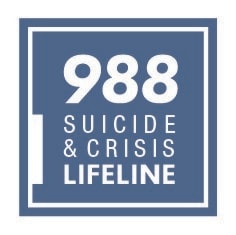
Unit 7: Injury Prevention and Safety Promotion
Unit 7 focuses on injury prevention and safety promotion in schools. You will find information on children’s disaster preparedness, brain injury, substance use disorder, and violence and suicide prevention. Additionally, information on sun and water safety, hearing loss, and mercury safety in schools. Lesson plans and trainings with free CEU’s are available under some topics.
Emergency Preparedness in Schools
General Injury Prevention & Safety Promotion
- Don’t Mess with Mercury (includes lesson plans)
-
- Hearing Loss Prevention (includes lesson plan and accompanies the comic book issue Ask a Scientist: How Loud is Too Loud? [PDF – 5 MB] | Español [PDF – 5 MB])
- Heat and Infants and Children
- Helmet Safety
- Sun Safety
- Water Safety
Violence Prevention
- Adverse Childhood Experiences (ACEs)- Online training- Free CEU’s available!
- Two introductory modules that provide an overview of ACEs and the public health approach to preventing them. Additionally, please find training modules for specific professions including mental health providers appropriate for school counselors.
- Suicide Prevention
- Teen Dating Violence – Free CEU’s available!
- Dating Matters®: Strategies to Promote Healthy Teen Relationships is a comprehensive teen dating violence prevention model developed by CDC to stop teen dating violence before it starts. Dating Matters is an evidence-based teen dating violence prevention model that includes prevention strategies for individuals, peers, families, schools, and neighborhoods. The online module is designed for educators.
Opioids and Other Drugs
- CDC’s Response to the Opioid Overdose Epidemic
- Teachers: Classroom Resources on Drug Effects
- Find free science- and standards-based classroom lessons and multimedia activities on teens and drugs – all funded or created by the National Institute on Drug Abuse for Teens (NIDA).
- Games: Drug Use and Effects
- Tips for Teens: The Truth About Opioids
- This free fact sheet by the Substance Abuse and Mental Health Services Administration (SAMHSA) provides facts about opioids for teens. It describes short- and long-term effects, lists signs of opioid use and helps to dispel common myths about opioids.
- Youth Opioid Abuse Prevention Brochure [PDF – 3.48 MB]

